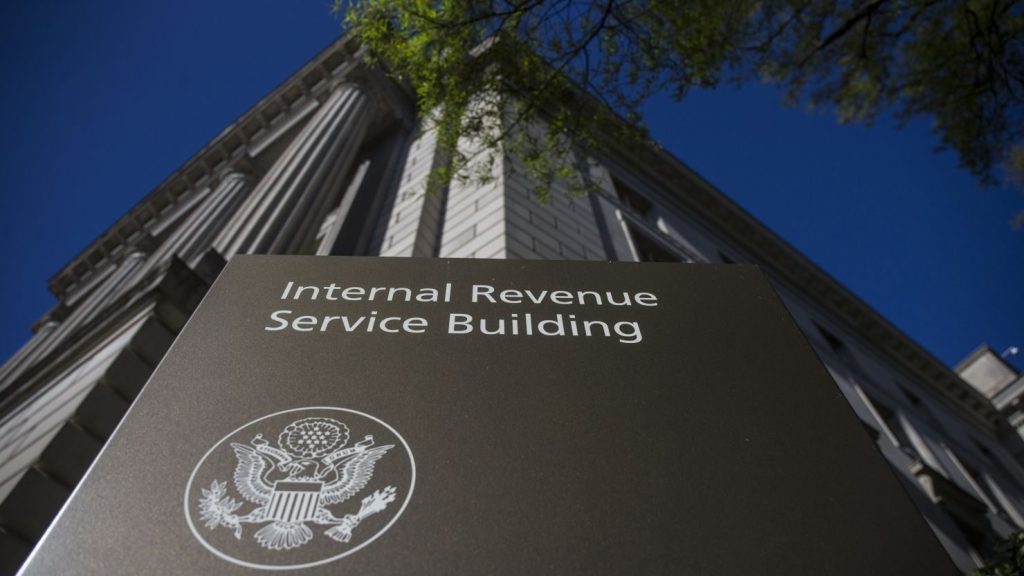IRS Crypto Regulations And New Tax Form Refused To Be Complied By Consensys
Key Points:
- Consensys raises concerns over IRS crypto regulations and Form 1099-DA because high compliance costs and inadequate consideration for non-traditional reporting entities.
- IRS introduced Form 1099-DA for cryptocurrency brokers with the requirement reporting of digital asset transactions starting January 1, 2025.
- IRS is increasing regulatory focus on crypto tax matters amid growing market scrutiny.
Consensys, a prominent blockchain software provider, has expressed significant apprehension regarding the United States Internal Revenue Service’s (IRS) proposed regulations and the newly unveiled draft Form 1099-DA.

Consensys Criticizes IRS Crypto Regulations for High Costs
The company argues that the extensive data requirements outlined in IRS crypto regulations will impose substantial compliance costs.
Specifically, Consensys contends that the IRS’s provisions fail to adequately consider the challenges faced by entities not traditionally engaged in reporting obligations, labeling these requirements as unduly burdensome. The firm is advocating for a postponement of the implementation date for any reporting obligations pertaining to software developers.
Moreover, Consensys is pushing for the adoption of multi-broker rules aimed at easing the compliance burden and cost implications for millions of taxpayers.
IRS Bolsters Crypto Tax With Regulations
The IRS recently previewed the draft Form 1099-DA, which is slated to become mandatory starting January 1, 2025. The new tax form is intended for cryptocurrency brokers, including trading platforms, payment processors, and certain hosted wallets. To comply with IRS crypto regulations, these brokers will be mandated to use Form 1099-DA to report digital asset transactions to both the IRS and their clients.
In a related development earlier this year, the IRS hired Sulolit “Raj” Mukherjee, a former executive from Binance.US and ConsenSys, to bolster its expertise in cryptocurrency tax matters.
| DISCLAIMER: The information on this website is provided as general market commentary and does not constitute investment advice. We encourage you to do your own research before investing. |






















